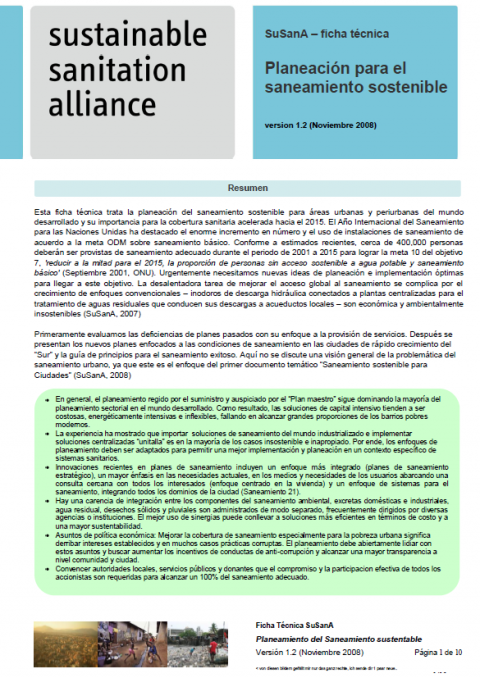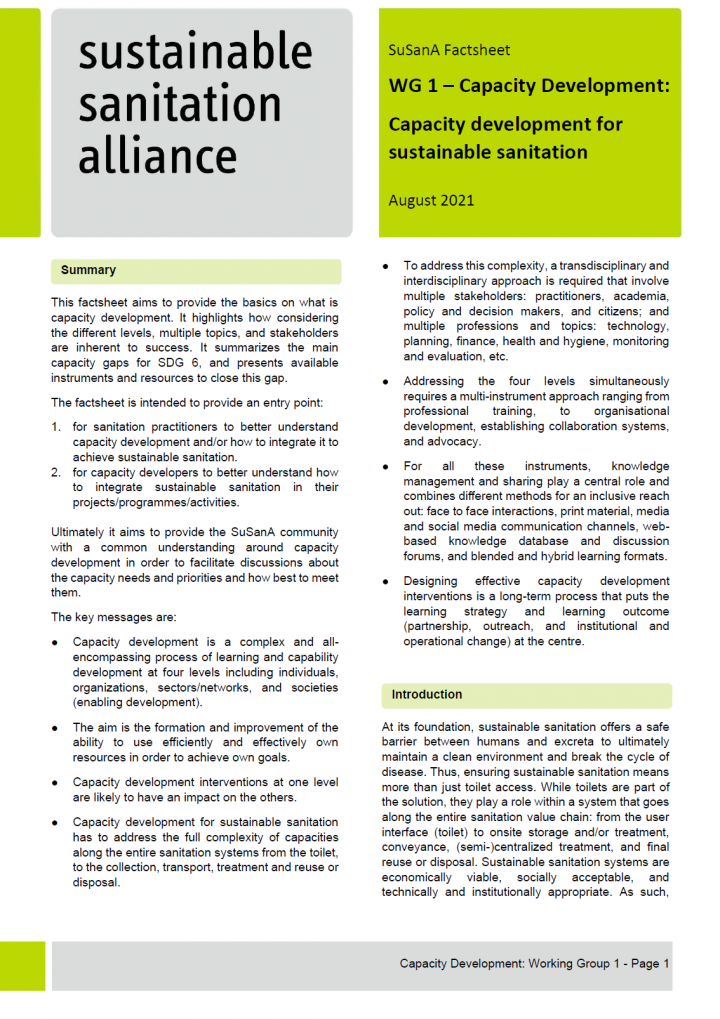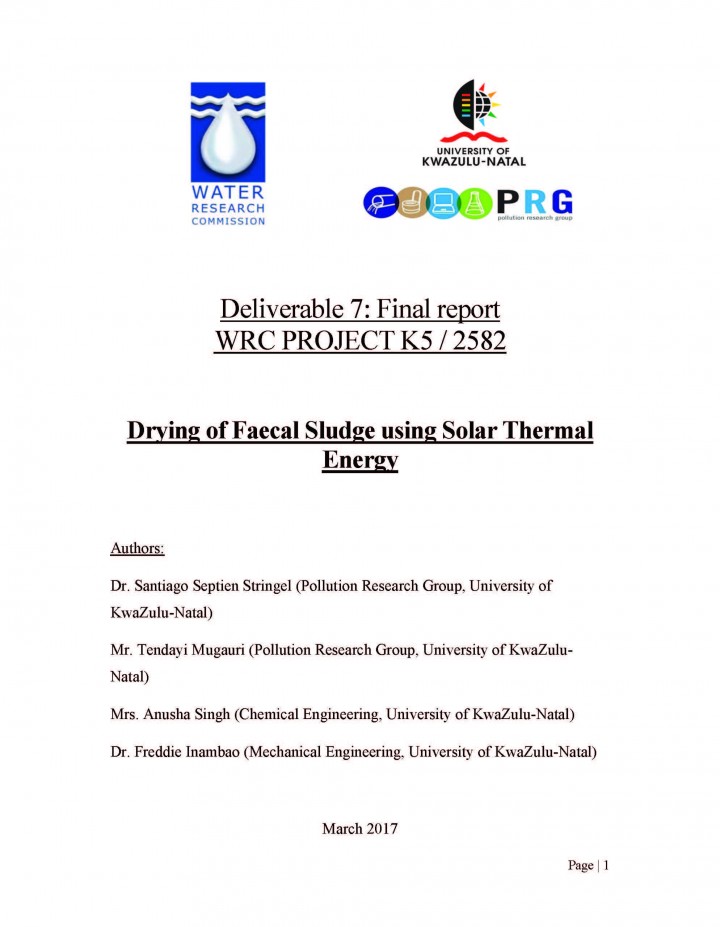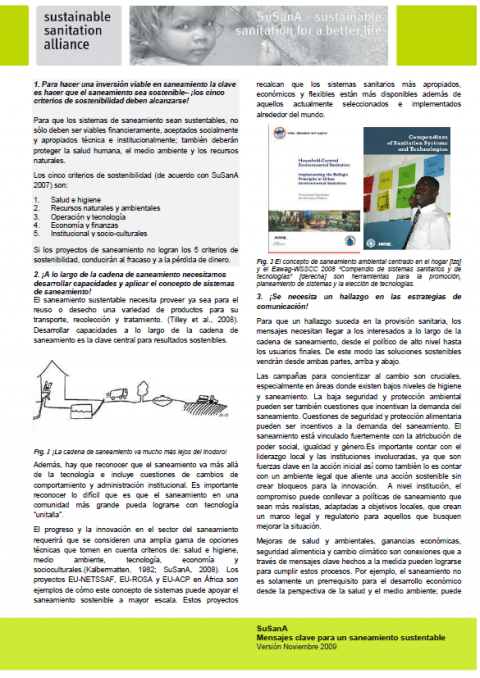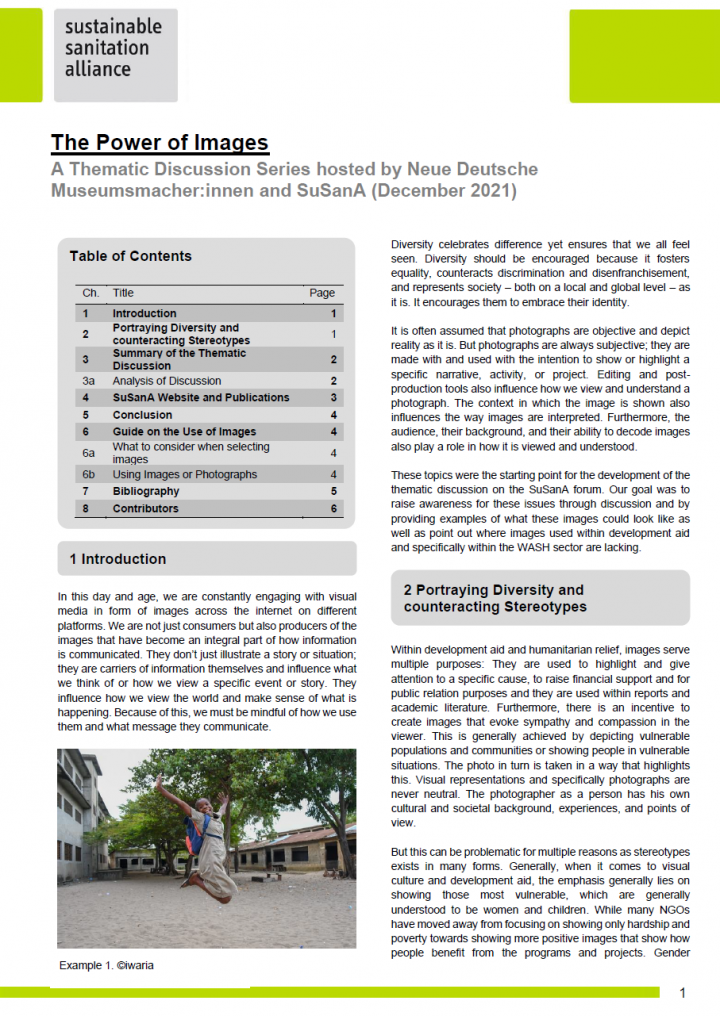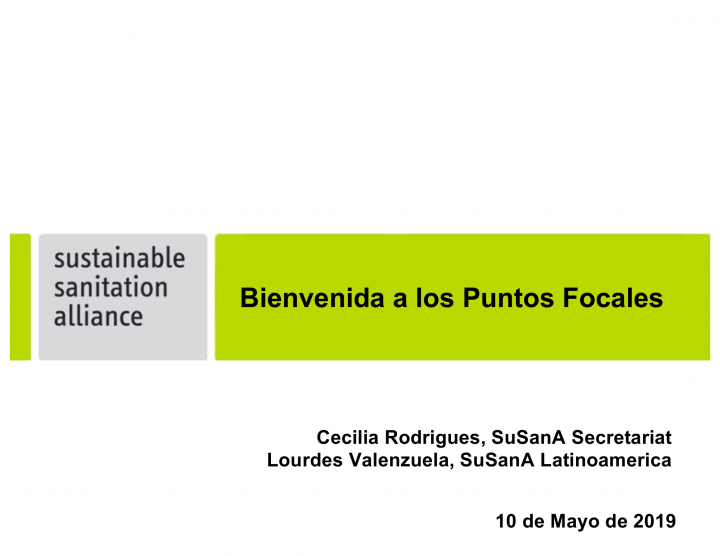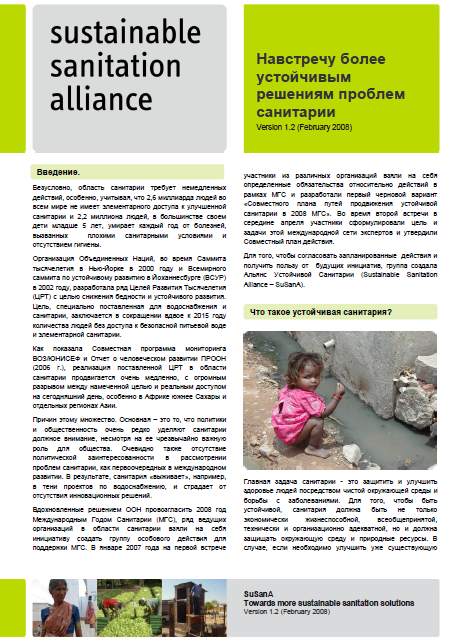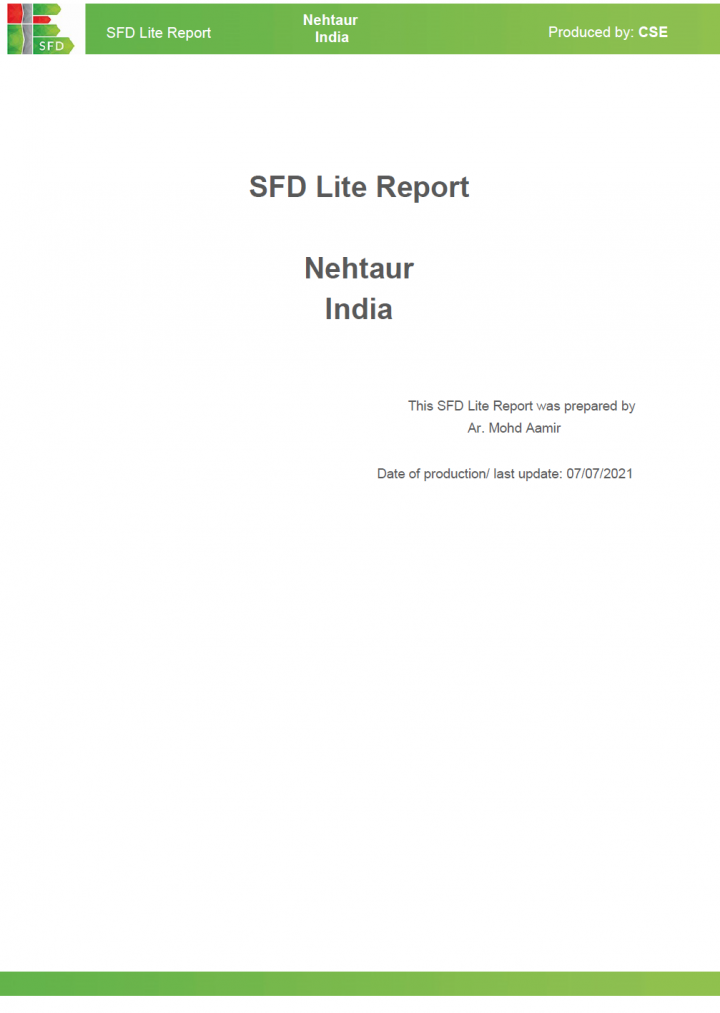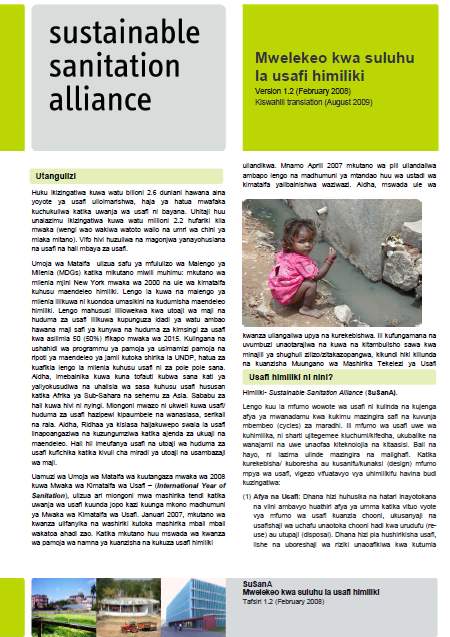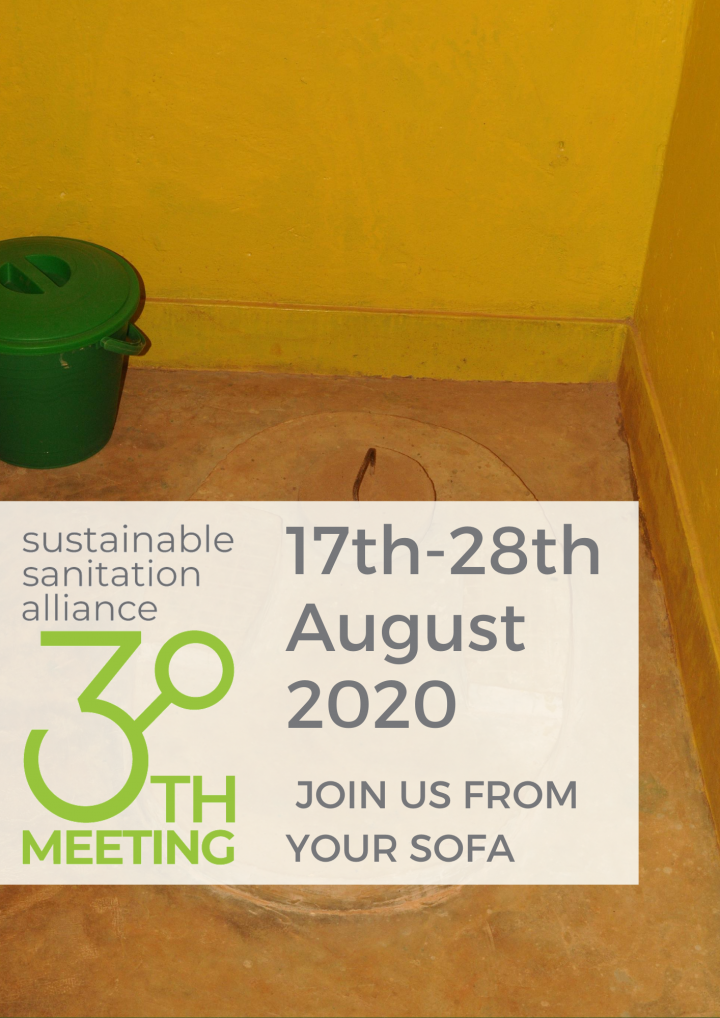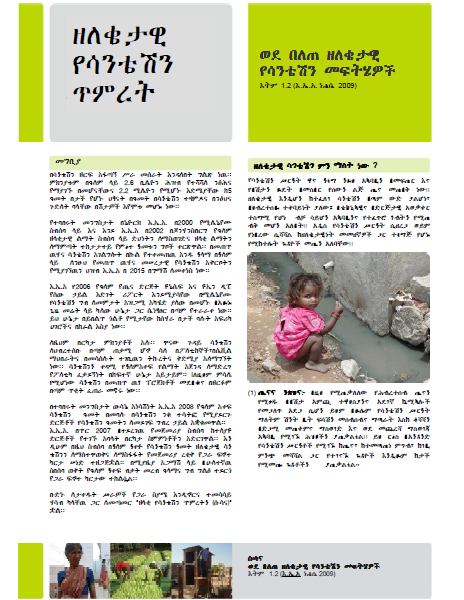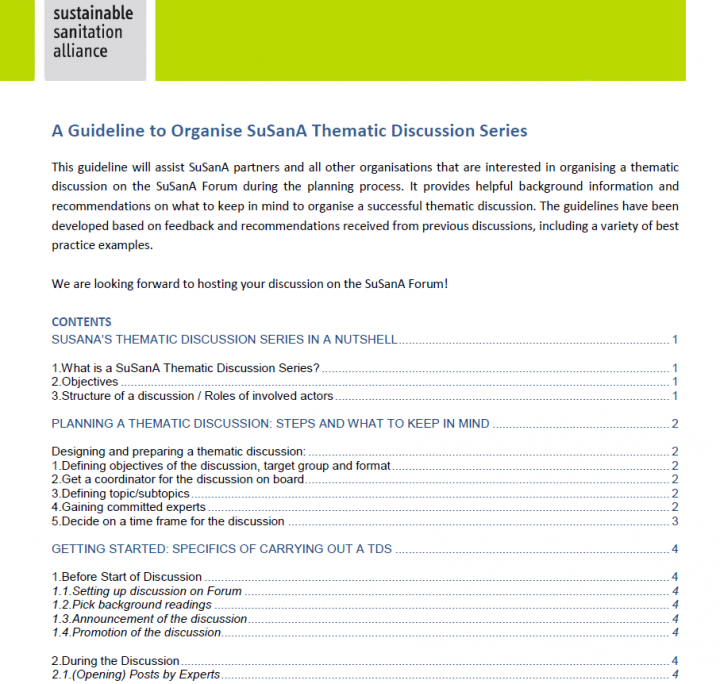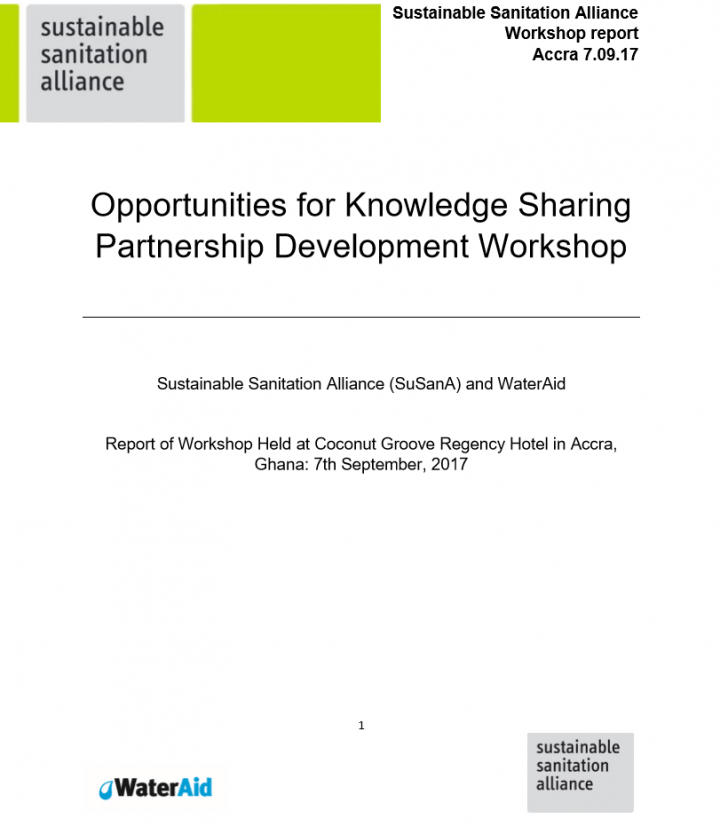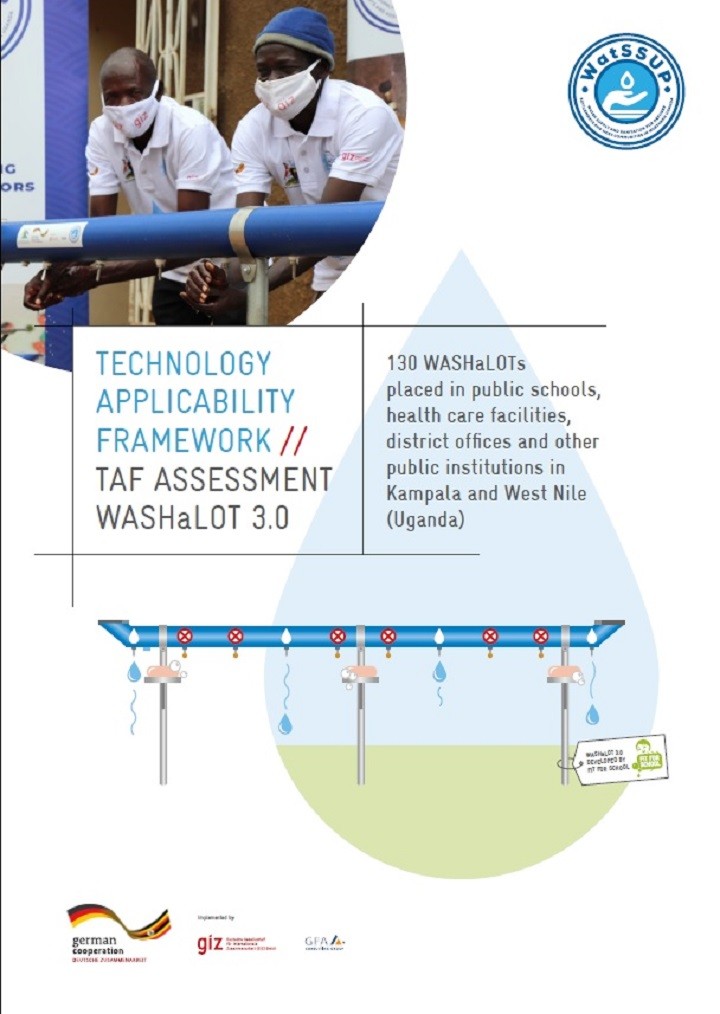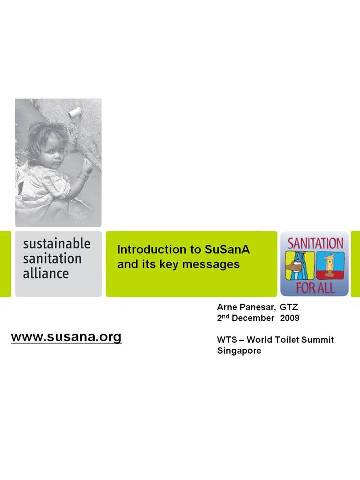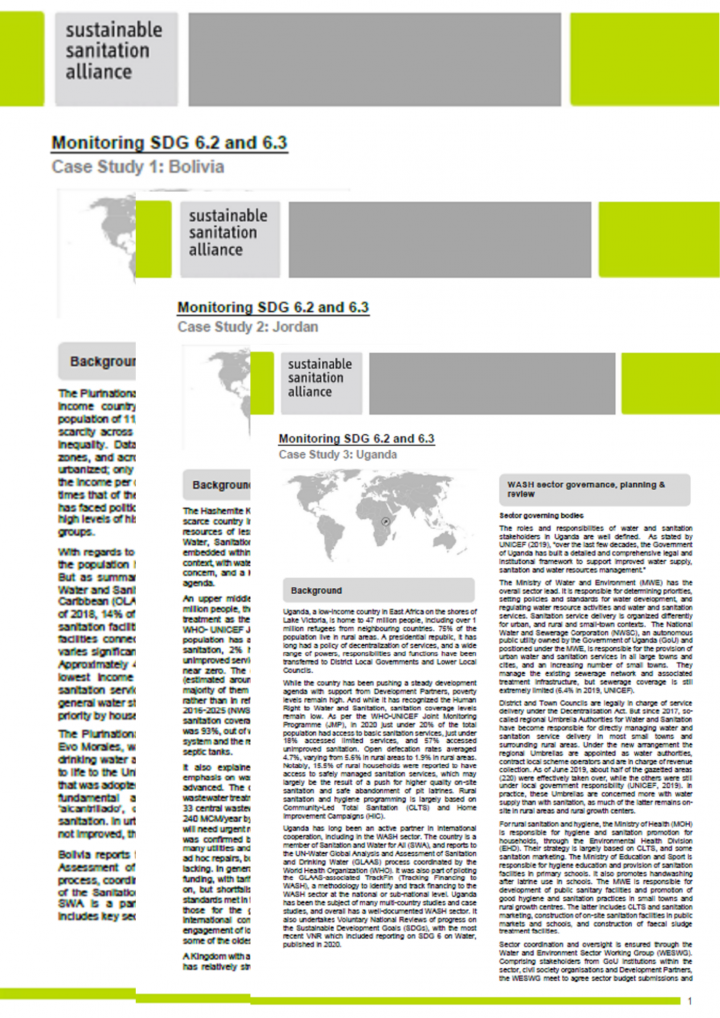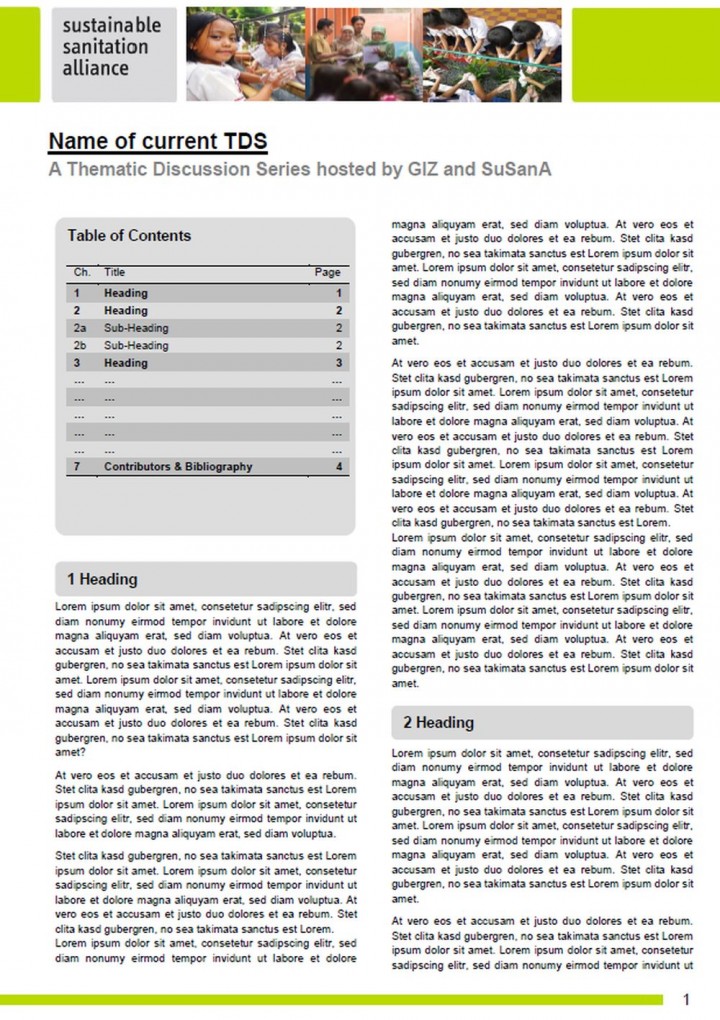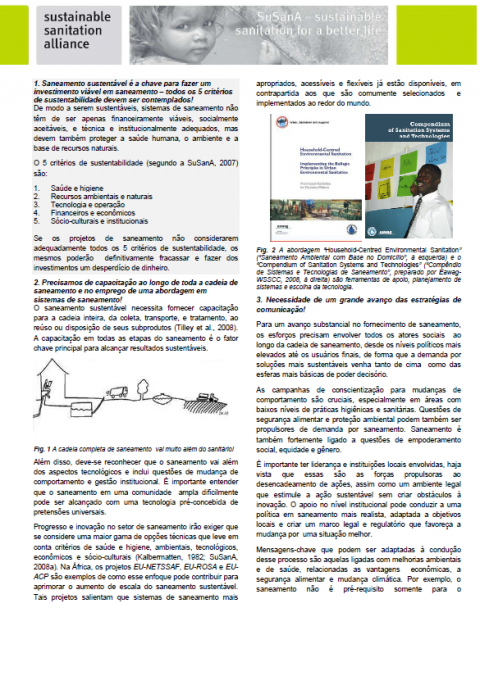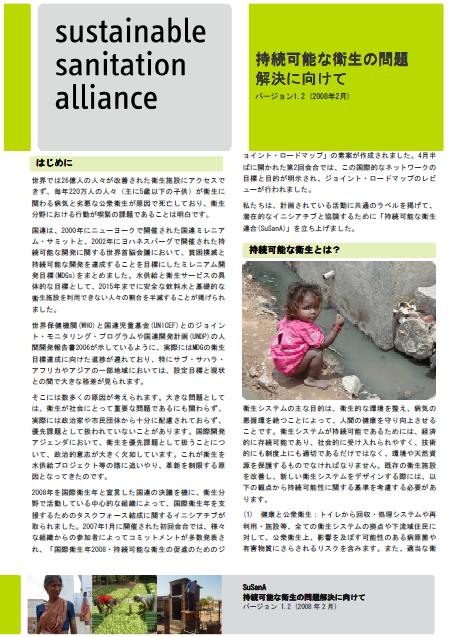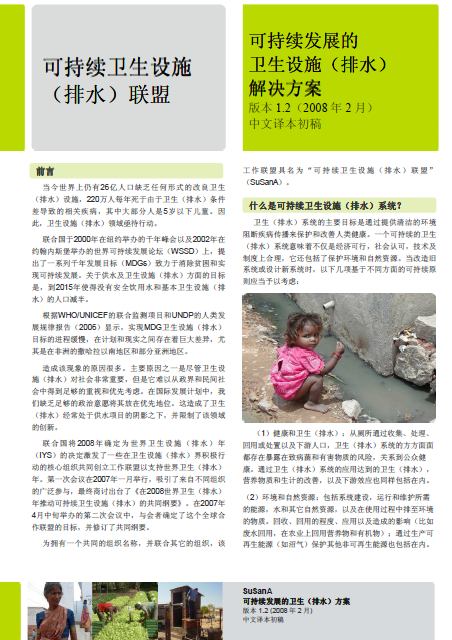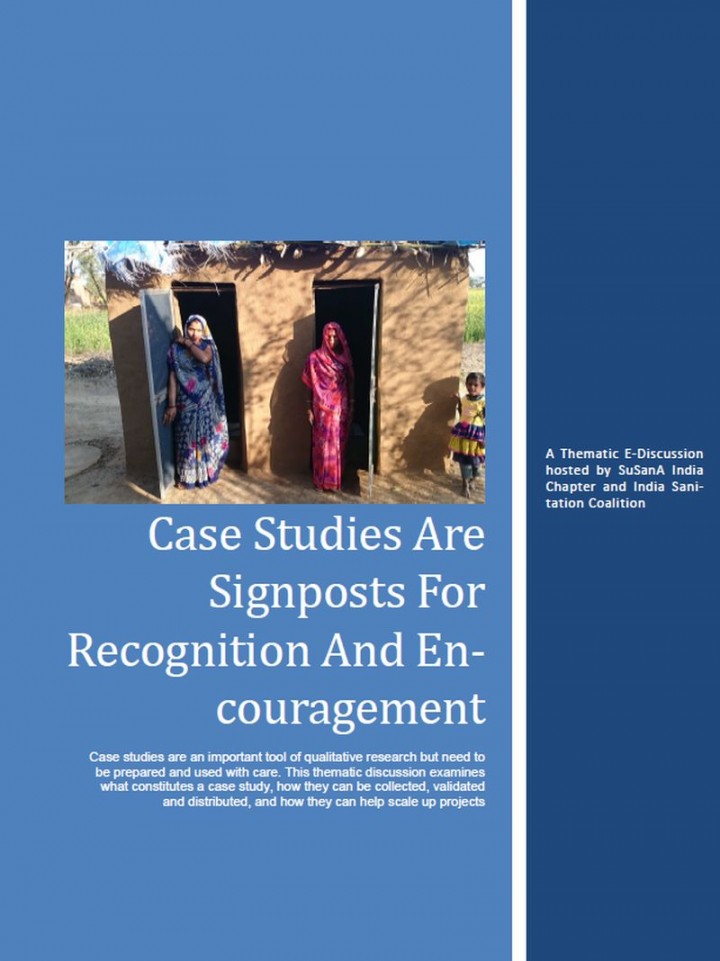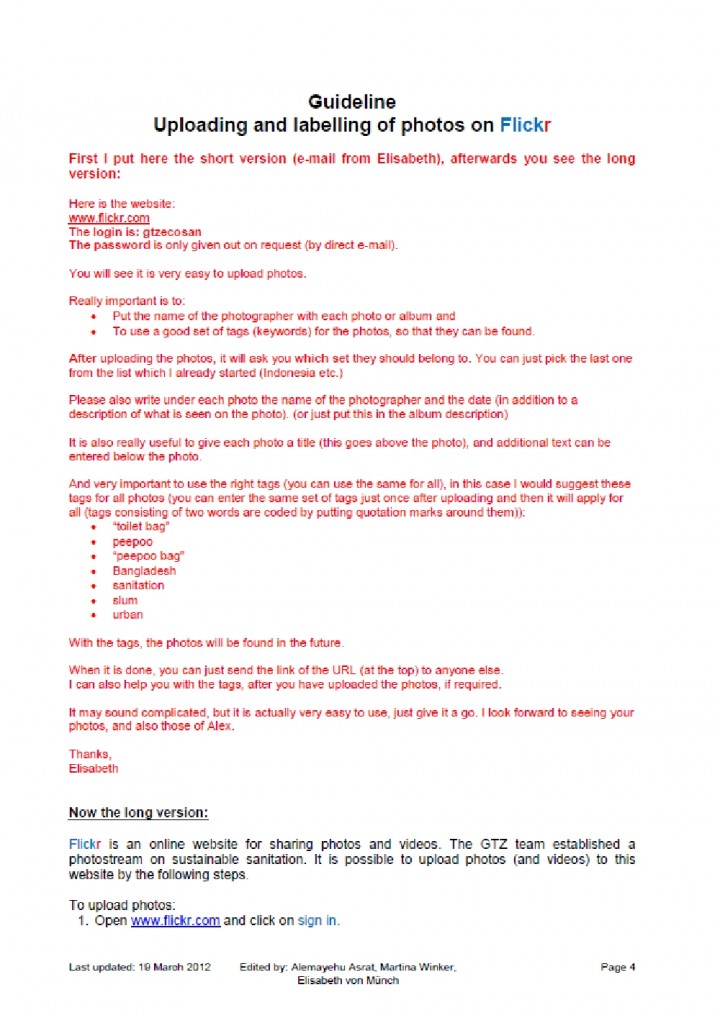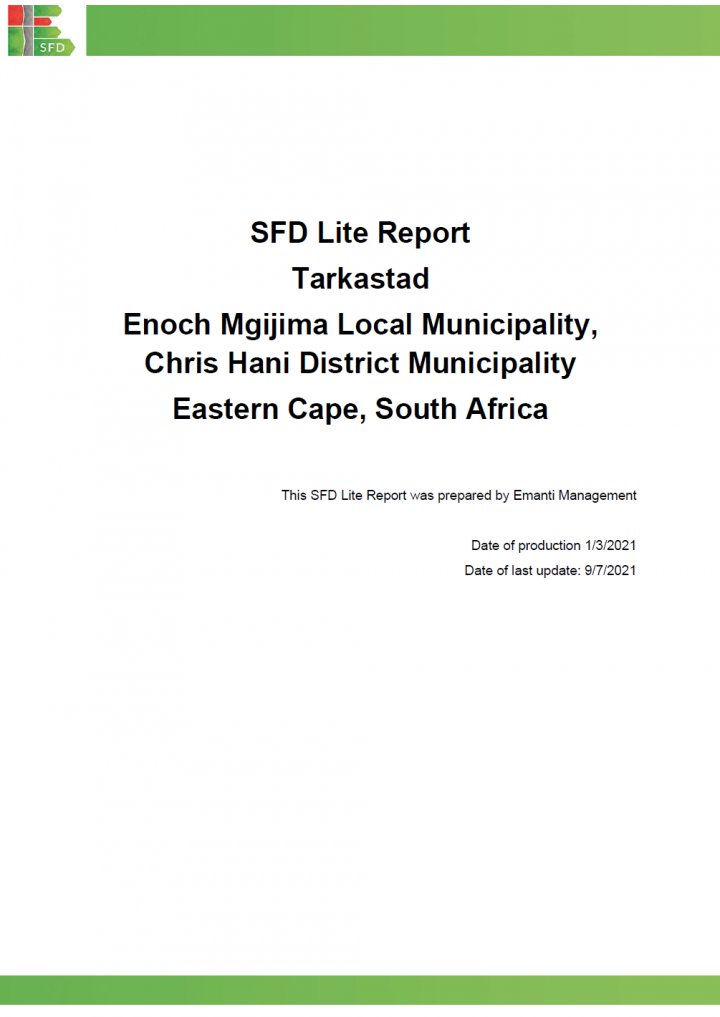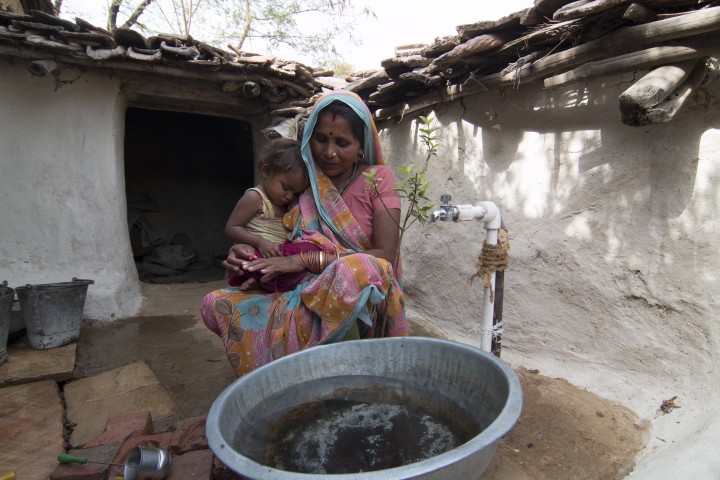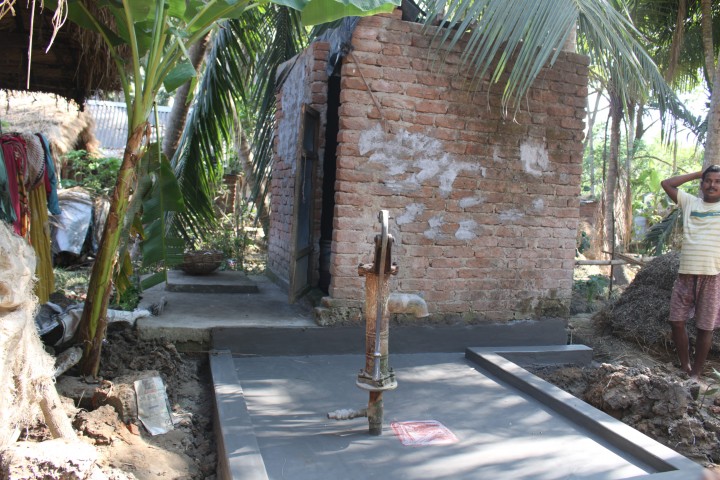Searching for information on Sanitation Workers?
The Sanitation Workers Knowledge + Learning Hub is the best source for all current news, trends, articles and updates on sanitation workers rights around the world.
This factsheet aims to provide the basics on what is capacity development. It highlights how considering the different levels, multiple topics, and stakeholders are inherent to success. It summarizes the main capacity gaps for SDG 6, and presents available instruments and resources to close this gap.
The factsheet is intended to provide an entry point:
1. for sanitation practitioners to …
Solar thermal energy, an abundant and free source of energy in the world, particularly in a major part of developing countries, could supplement heat for drying purposes, leading to the decrease of the operating costs. In the sanitation sector, the use of solar energy for faecal sludge drying has been minimal, with only a few cases. Possible reasons for the low use of solar drying is the lack of …
Images are a big part of communication, today more so than ever. Not only do we consume more visual media than ever through social media and streaming sites. More and more we use images to communicate with each other, e.g. gifs and memes. Yet the way we read and understand an image is influenced by several factors including historical and cultural context or background, age as well as race and …
Nehtaur is a small town in Bijnor District, Uttar Pradesh and is located 26 km to East of BijnorNehtaur is a small town in Bijnor District, Uttar Pradesh and is located 26 km to East of Bijnorcity, District Headquarters (Figure 2). According to Census 2011, Nehtaur had a populationof 47,834 residing in 7,438 households (HHs). The population of the city as per SwachhSurvekshan (country wide annual …
The 30th SuSanA meeting - the first virtual of its kind - took place from August 17th to August 28th 2020. It was organised by the SuSana Secretariat with support and contributions from SuSanA Partners, Members, Working Groups and Regional Chapters.
This entry is the collection point of the different resources from the SuSanA Meeting, including recordings, presentations, flyers and program …
This guideline will assist SuSanA partners and all other organisations that are interested in organising a thematic discussion on the SuSanA Forum during the planning process. It provides helpful background information and recommendations on what to keep in mind to organise a successful thematic discussion. The guidelines have been developed based on feedback and recommendations received from …
WaterAid UK, WaterAid Ghana, and the Sustainable Sanitation Alliance (SuSanA) platform in partnership with Ghana’s Ministry of Sanitation and Water Resources (MSWR) organised a one-day workshop in Accra, Ghana: 7th September, 2017 on opportunities for knowledge sharing partnership via the SuSanA platform.
130 WASHaLOTs placed in public schools, health care facilities, district offices and other public institutions in Kampala and West Nile (Uganda).
In a participatory process, a technology implemented as a pilot is assessed through the perspective of three key stakeholder groups engaged with the implementation of the technology: user/buyer, producer/provider and regulator/ investor/facilitator. …
In line with the expression ‘you manage what you measure’, high quality and regular monitoring is key for the successful achievement of SDG targets 6.2 and 6.3. SuSanA’s Vision Document states the intention to further its work to meet the increasing need for technical assistance in developing methodologies, designing monitoring structures compatible with existing technical and institutional …
Tarkastad (GPS coordinates: 32.0048 S, 26.2717 E) is a primary development node and serves as the local administrative centre for Enoch Mgijima LM (Enoch Mgijima Local Municipality, 2017). Tarkastad used to form part of the Tsolwana Municipality which was subsequently absorbed as part of the Enoch Mgijima LM. Tarkastad initially developed as a farming area and later as a church centre and a …
The COVID-19 pandemic has affected women more than men in several ways, according to studies. They have had to take care of patients while coping with lock-downs that have restricted access to daily necessities and basic services, including water, sanitation and hygiene. At the same time, however, women have shown great strength and leader-ship in managing the uncertainties and challenges …
This document draws on SuSanA’s resource base of materials and information contributed by over 10,000 members. Its authors have also conducted secondary research. It represents a consultative process with the experts and other prominent authorities in the sector. At the time of publishing, the document represented the best possible advice based on the data and experience of the group.

